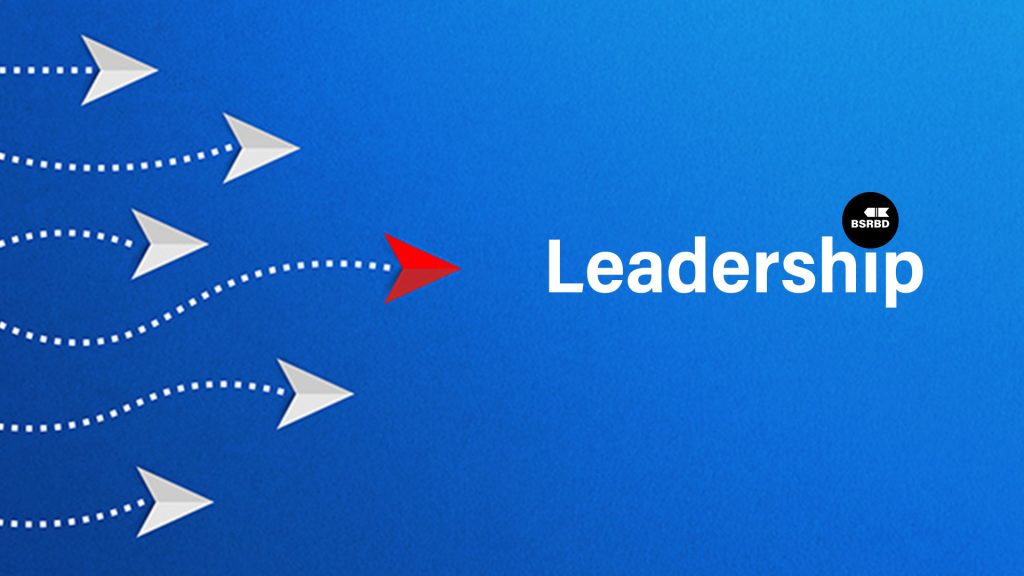Summary: The Covid-19 pandemic and the global recession have created tough conditions for many businesses around the world. These conditions are similar to the uncertain and risky environment that Silicon Valley startups face when they aim for fast growth and high valuation. However, the unicorn model may not be the best fit for these times. A better alternative is the camel model, which is based on the ability to survive and thrive in harsh situations. Camels can adapt to extreme climates and go without water for long periods. Some startups, such as Oot, have followed the camel model and succeeded in different industries. They have done so by focusing on three strategies: they build consistency; They think long-term, and they innovate their business models.
The world is not the same. The Covid-19 pandemic and the global recession have shaken the foundations of business, innovation, entrepreneurship and investment. Everyone is working harder and facing more uncertainty in the global markets. How can startups and innovators of all stripes survive this storm? Many are not ready for this challenge.
This is especially hard for Silicon Valley, where the main goal is to create unicorns – those rare startups that reach a billion-dollar valuation. The usual way to do this is to grow fast and furious. But the problem is that this growth-at-any-cost mentality, which the top players in the field excel at, only works when the markets are strong and the conditions are favorable.
But what about the “frontiers”: those business ecosystems outside the Valley bubble, where startups have limited access to capital or skilled startup talent, especially in many emerging markets and volatile economic shocks. Instead of a unicorn, a camel is a better symbol (an animal or object that brings good luck). Camels can go without food for long periods, endure the blazing heat of the desert and adapt to extreme changes in climate. They naturally thrive in the toughest regions of the world.
These startup camels have some lessons to teach all industries on how to survive and grow businesses in the face of adversity, even though the metaphor is not glamorous. They do this by following three strategies: they build consistency; They think long-term, and they innovate their business models.
how to beat the odds in harsh conditions
Camels don’t chase the “blitzscaling” dream of building businesses fast and prioritizing speed over efficiency. They have the same ambition as any Silicon Valley startup to grow, but they choose a more consistent growth path. This balanced approach has three key elements.
Setting the right price from the start.
Entrepreneurs in emerging markets don’t offer free or subsidized products to fuel customer growth, resulting in high “burn rates”. Instead, they charge their customers the right price based on the quality of their products. This ensures that the price of the product doesn’t become an obstacle to expansion. Instead, it’s a feature of the product that showcases its market position and its quality.
Managing costs throughout the life cycle.
At the same time, camels manage costs throughout their company’s life cycle for long-term growth. Matt Glotzbach, CEO of Quizlet, an online education and study tool company, explains this strategy in terms of his acquisition costs and his capital costs: “You want to have a business that can survive the ups and downs,” he says. “For me there are two factors of normality: one is the unit economics of the business to acquire users, and the second is how far ahead of the revenue curve do you invest per person to drive that growth? That’s where we make calculated decisions and expect to invest where, if we’re right. However, we can evolve significantly and not suffer if we are wrong.”
Pivoting when needed. Managing the burn throughout a company’s life cycle prepares startups for tough situations for a long time. The typical Silicon Valley startup has a cash flow with a deep “valley of death” — the graph line steeply reflecting losses before achieving profitability. But the line of frontier startups looks different. Camels don’t shy away from growth or venture capital funding, but their scaling trajectories and associated burn rates tend to be very low. In some cases, like GrabHub, they will grow in a controlled way, choosing only to keep their foot on the gas and invest (often to raise venture capital) when the opportunity at hand calls for it. After exiting this way, sustainability (and often profitability) is again within reach if it seems necessary. The difference here is that Uterra maintains alternative measures to adapt their growth trajectory and return to a sustainable business.
Camels are built for the long haul.
Frontier’s founders understand that building a company is not a short-term endeavor. For many, success doesn’t come overnight, but rather at the end of the company’s journey.
Survival is sometimes the primary strategy. This allows time to develop a business model, find a product-market fit, and develop an operation that can scale. There will be competition, but the competition is not about who will last longer or who will go to market first.
Quizlet just raised a $30 million Series C round, valuing the company at $1 billion in May of this year. The company didn’t take any funding until 2015, when it raised a Series A for just $12 million after 10 years in business. It took time to get there however, working on a slow but steady philosophy towards growth.
Glotzbach told me that Quizlet’s speed saved it from destruction. “I actually believe that if Quizlet had raised a lot of money earlier in its life cycle it might not have been made the way it did,” he said. “The risk of over-expansion comes with high expectations and earlier infusions of capital not being able to accelerate the business to meet those expectations. Like many startups we over-committed and under-delivered”. Taking a long-term view is critical to managing the fine balance between risks.
The startup strategy for overcoming challenges
Entrepreneurs working on the Frontier face unique constraints that can often become strengths in times of adversity. Because entrepreneurs often build startups in small markets out of necessity — markets that are not enough on their own to grow and sustain the enterprise — they are forced to target the global world, from which many markets. Some of these markets may work well for their product, but others may not, and the company may have to adjust or exit accordingly. But if the company invested all its resources in the wrong market, it might not survive.
Similarly, because a proper network of enabling infrastructure or ecosystems for adjacent products and services does not exist in frontier markets, entrepreneurs often have to dig deep and build a whole bunch of supporting structures. This means that they have multiple business lines and products and have to provide an ecosystem of services from day one. When one slows down, the others keep up the flow. They also have to create their own solutions for connecting with customers, assessing their credit worthiness, and offering them relevant products.
Nevertheless, entrepreneurs cannot and should not take this broad and deep portfolio strategy too far. Building a startup is extremely hard, and stretching across multiple fronts is a recipe for mediocrity for everyone. Successful camels only expend resources on activities that are self-reinforcing (where learning from success or failure supports the business as a whole) and self-balancing (when one part of the business naturally protects another).
By driving balanced growth forward, building for the long term, as well as deepening and diversifying for resilience, camels can not only survive market shocks, but also thrive and grow. time and worse. In short, they turn adversity into advantage. As we prepare for the tough challenges ahead, the answers may not be found in the isolated bubble of Silicon Valley, but by learning from the camels of the frontier, who always find solutions no matter the odds.









